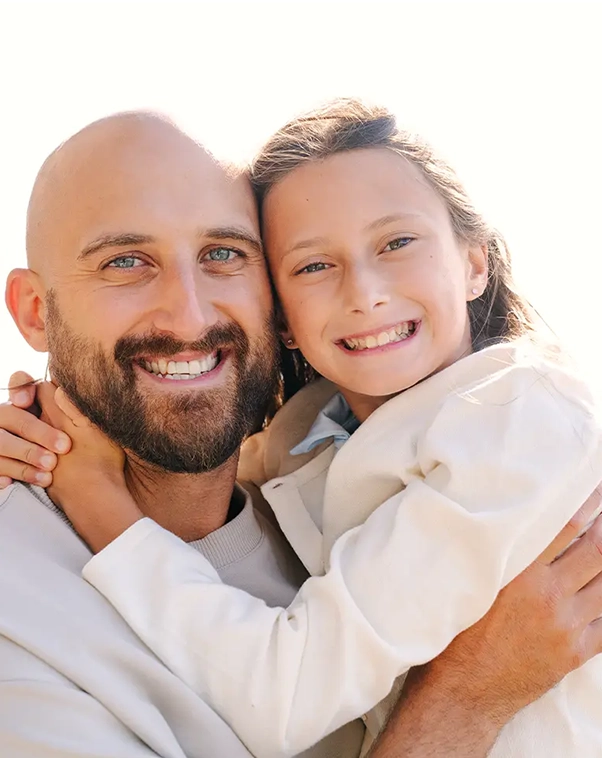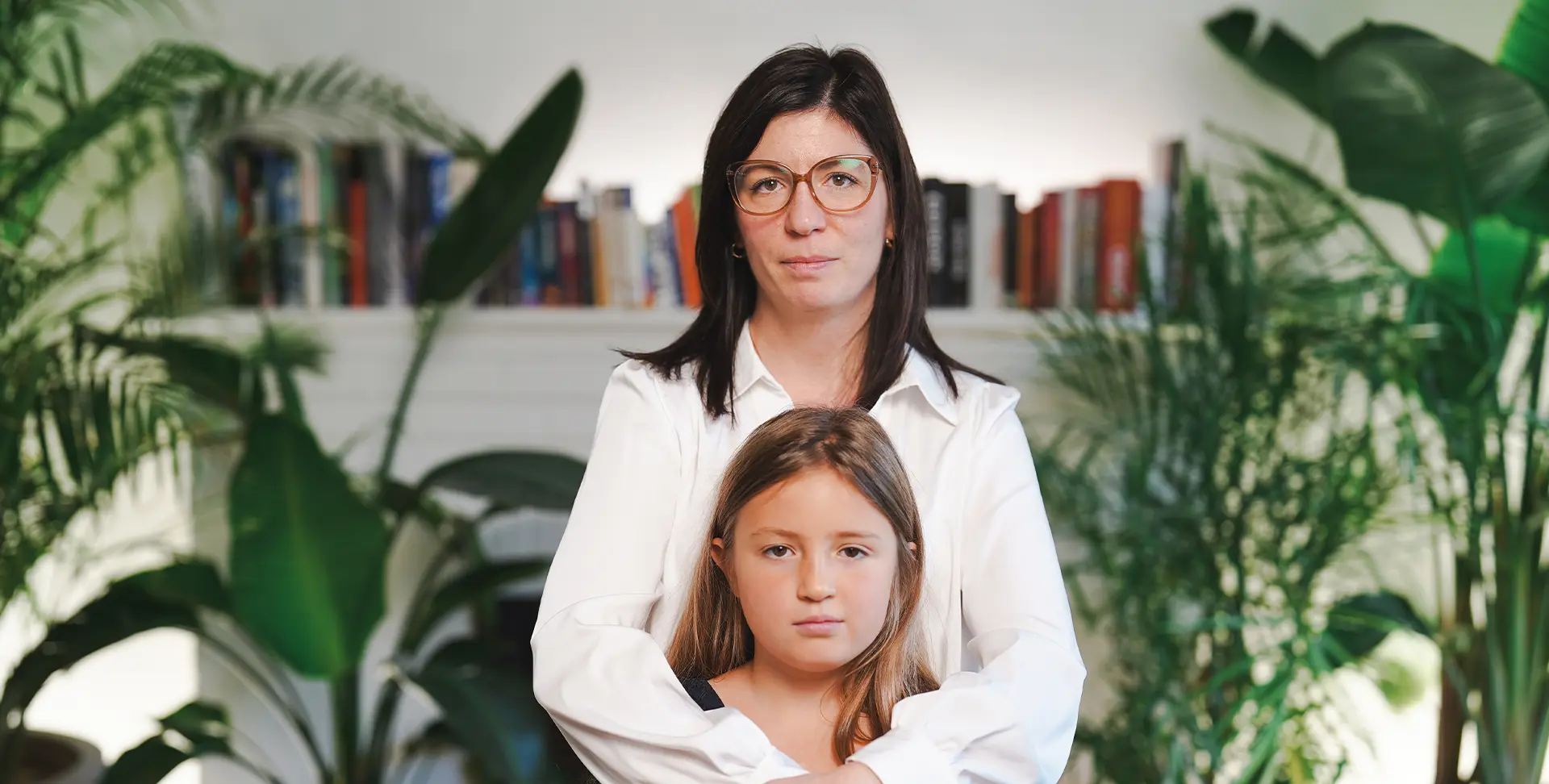
Strength runs in the family
Sophie Bessette’s daughter inherited her heart condition — and her fierce determination to live without limits
Chapter 1 “My whole world shattered”
Sophie Bessette remembers the day she learned her baby would be born with a complex heart defect. Around week 20 of her pregnancy, an ultrasound showed something unusual with the baby's heart.
“When the cardiologist confirmed that my baby had tetralogy of Fallot, it felt like my whole world shattered,” Sophie recalls. “I barely remember what he said. I think I blacked out.”
Sophie knew all too well what that diagnosis meant. She was born with tetralogy of Fallot herself – a congenital heart condition that affects the heart's ability to pump oxygenated blood to the body, often leading to a blue or grayish tint in the child’s lips, nails and skin, known as "blue baby syndrome”.
Sophie now faced a whole new set of challenges. “It was not only the fear, but also the disappointment of learning that my kid wasn't healthy. I also felt guilty for passing on my heart condition to my child.” She was told the chances of passing on her condition were very low. It never even went through her mind that it could happen.
Soon those feelings were replaced by determination. Sophie would make sure her child lived the best life possible, empowered to pursue the dreams that had been denied to her in her own childhood.
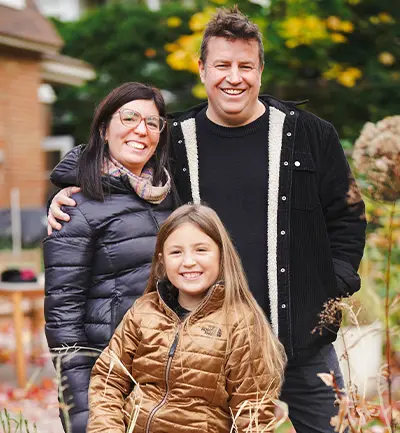
Sophie Bessette with her partner Gabriel, and daughter Mia.
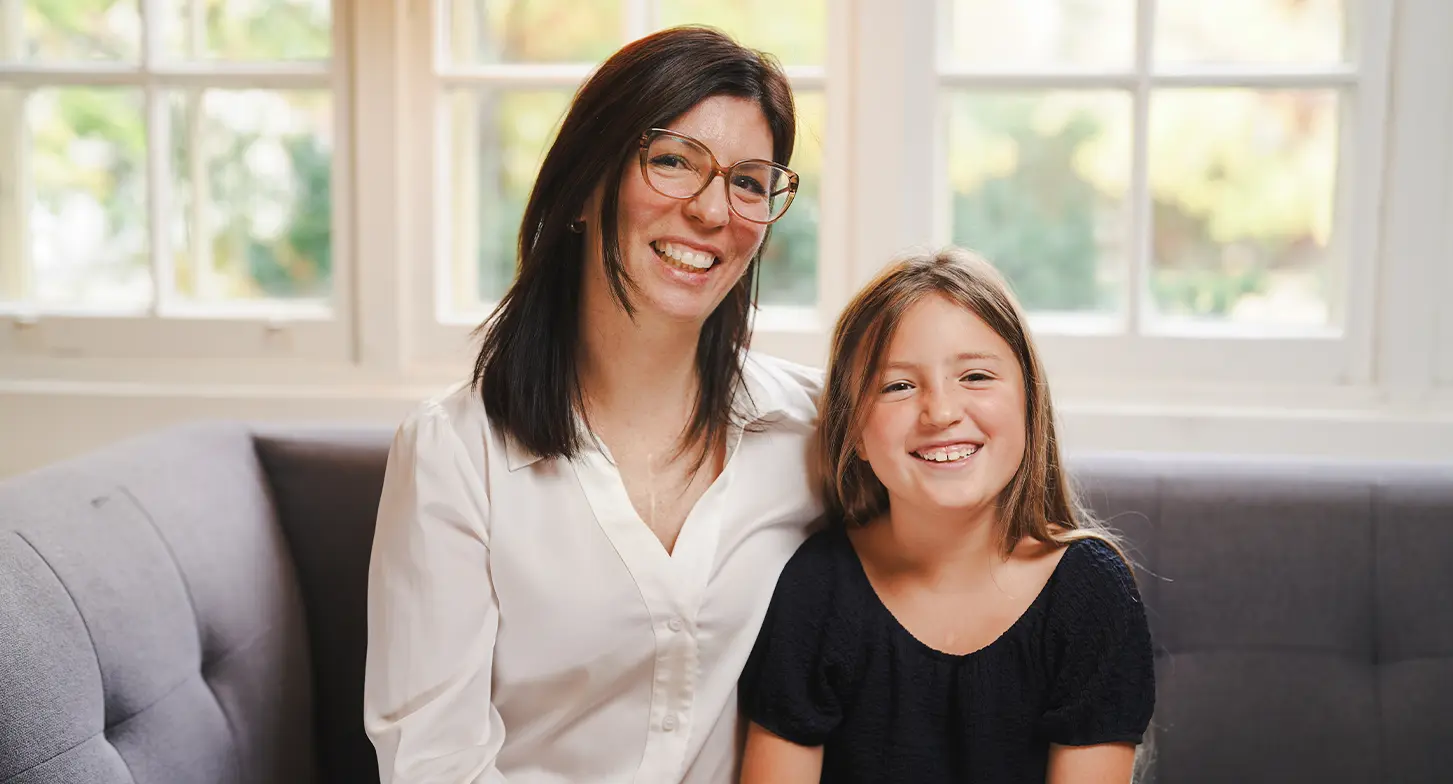
Sophie is grateful for advances in research that helped Mia get the care she needed.
Chapter 2 A bubble-wrap childhood
Sophie’s own story began in 1986 when her grandmother noticed something unusual about her heartbeat. Her intuition led Sophie’s parents to the hospital.
After her heart condition was diagnosed, Sophie and her parents made daily trips from their home in the Eastern Townships to Ste-Justine Hospital in Montreal, where she was monitored by cardiologists. Sophie cried constantly during those early years, exhausted from trying to catch her breath.
Finally, at age three, she had surgery to repair her heart. Though the surgery went well, her life became a series of limitations. Sophie’s doctors and her parents told her she needed to avoid physical activity and sports to protect her heart.
“I felt so inadequate, I didn't have as much energy as the other kids,” she remembers. “I couldn't run as fast as my friends. People mocked me because I was slower. They also made fun of my scar.”
There was little support or information for her parents, who did their best to help Sophie accept limitations. She felt angry a lot of the time, especially about her dream of being a gymnast. Time and again, she was told that her condition made her dream unachievable.
The turning point came when Sophie transitioned from pediatric to adult cardiac care around age 18. She was warned that she might not be able to carry a pregnancy and should expect to die younger than other people. Tired of being told what she couldn’t do, Sophie made a bold choice to rewrite her own story. She decided to ignore the advice to avoid physical activity and embrace a more active lifestyle, determined to live life on her own terms.
“I started very small,” she says. “I ran for one minute and then the next day, I would run for a minute and a half. I went on gradually like that – but I kept pushing.”
Her determination paid off. On her next cardiac stress test, she shocked the medical team by running on a treadmill for 14 minutes. “They said I was in better shape than someone who didn't have heart surgery. “That was my moment of truth. I realized that I could live a life defined by my actions, not by my limitations.”
Chapter 3 Superpowers
Today, at 38, Sophie lives a life that defies expectations. She runs five kilometres multiple times a week, surfs, snowboards, hikes and practices ski touring. But most importantly, she welcomed a child into her life, despite being told it might not be possible.
Her daughter. Mia – now eight – shares her joy in being active. “She's running and playing like other kids. She loves to bike, she loves to hike. We started running together. We did a one-kilometre race, so we had to train for that.”
Mia had open-heart surgery at five months and may have more surgery coming. Sophie has worked hard to build her daughter’s confidence. “I tell her, ‘You and I, we fought for our lives and we won. We have superpowers because of that. We can do everything that we want to do because this happened to us.’”
Sophie and her partner, Gabriel, still have worries about Mia’s future health. “But I try to hold onto the fact that I have an awesome life and I'm not restricted in my activities — and my daughter is not going to be, either.”
She’s grateful to Mia’s doctors, and for remarkable progress in care and treatment since her childhood, thanks in great part to advances in research. “Mia is receiving more advanced and personalized treatment. There's better technology.” Plus, there’s more information and support for families living with congenital heart disease, from Heart & Stroke and other organizations.
Sophie is sharing her family’s story to send a message of hope to other families living with congenital heart disease. “My message to parents is simple: believe in your child’s dreams, no matter how impossible they may seem. Don’t project your fears onto them; instead, encourage them to reach for the stars. If Mia tells me she wants to compete in the Olympics Games, I’ll be her loudest cheerleader!”
- Learn more about congenital heart disease
- Find out how you can lower your risk of heart disease
- See how your donation will change lives
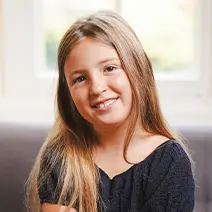
Related stories

Lifelong care for congenital heart disease patients
Children with congenital heart disease are now growing up. Dr. Andrew Mackie wants to ease their transition to adulthood
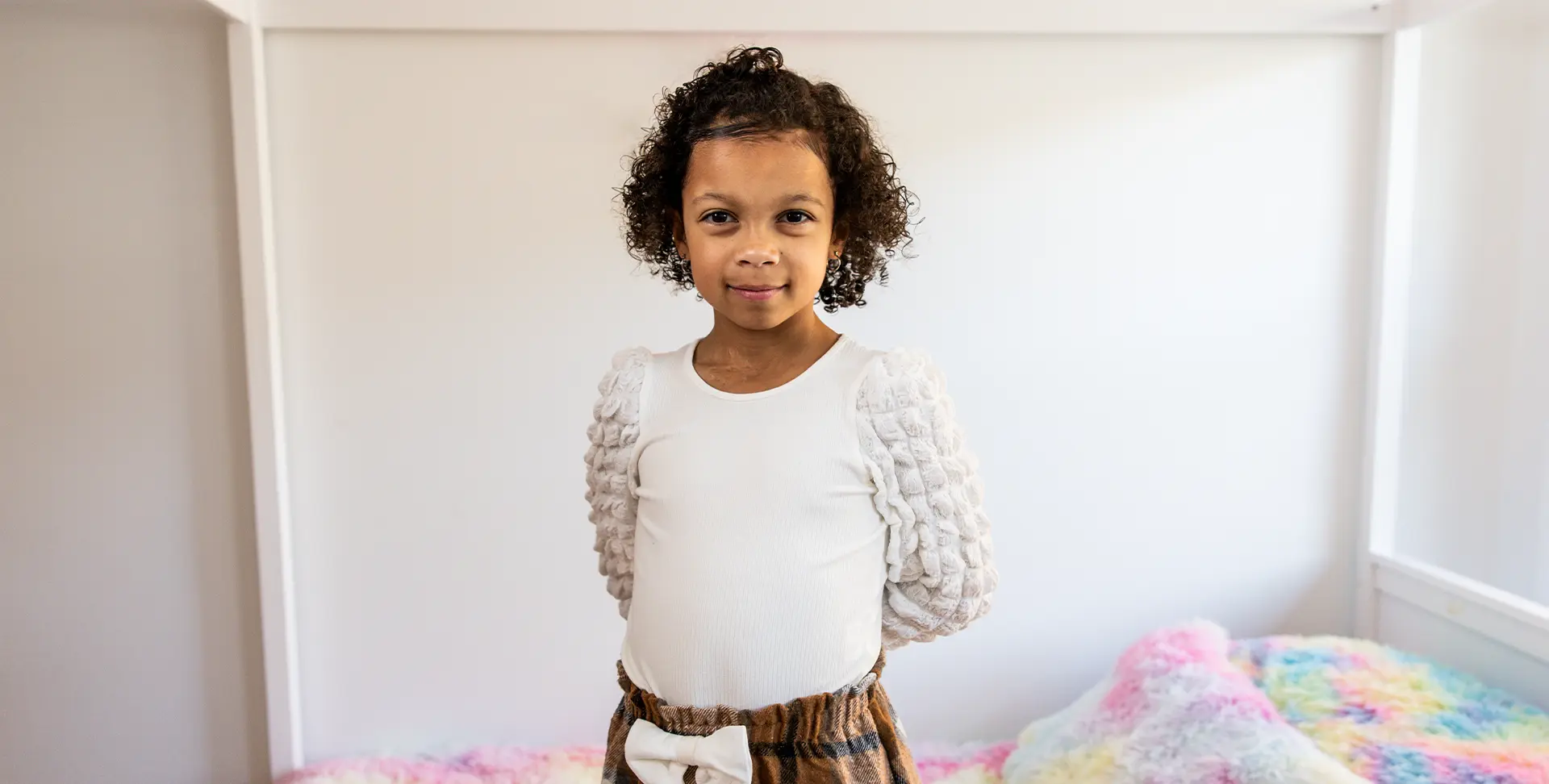
Saving baby Nora
Thanks to a heart transplant at five months, she’s beating congenital heart disease.

Surgery that helps move beyond survival
Dr. Luc Mertens helps patients born with complex heart defects to live better, for longer
